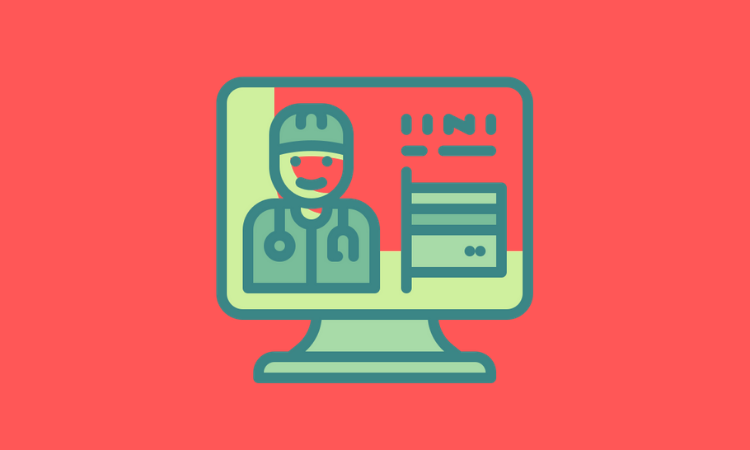Member Exclusive, Payments
Looking to the future: Healthcare is the next frontier for Buy now, Pay later
- Walnut is one of a few lending apps that strives to make healthcare more affordable in the US.
- Experts believe that there are opportunities for growth in the healthcare, service and travel industries over the next few years.








